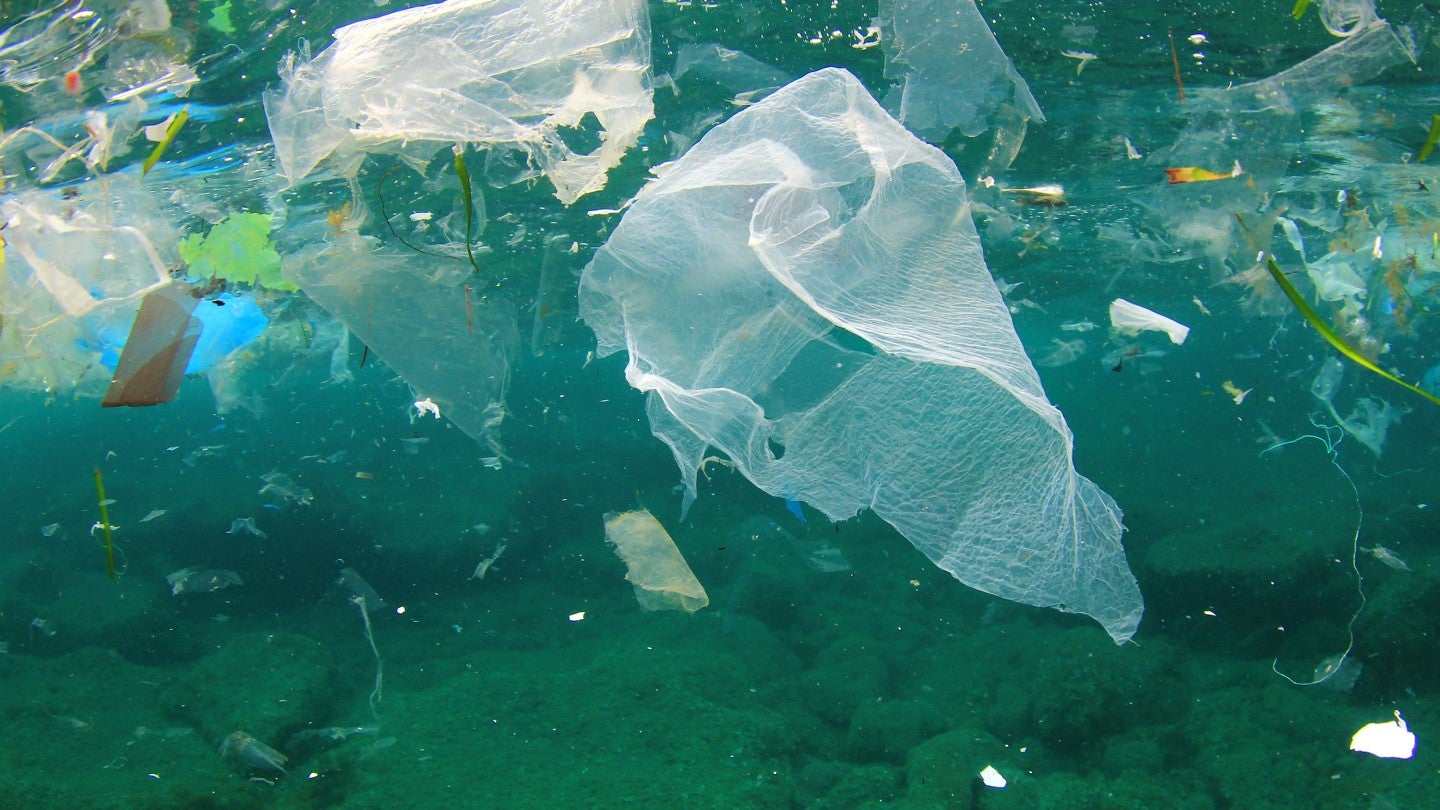
Researchers from the University of Queensland (UQ) are developing a plastic that can safely break down in seawater to help tackle the marine waste crisis.
This research work is being carried out by a team led by the UQ’s Australian Institute for Bioengineering and Nanotechnology (AIBN) Dr Ruirui Qiao.
The team includes ARC Centre of Excellence in Convergent Bio-Nano Science and Technology chief investigator and director Professor Tom Davis, along with Professor Xuan Pang and Professor Xuesi Chen from the Chinese Academy of Sciences’ Changchun Institute of Applied Chemistry.
The research team has received a grant of A$125,000 from the Queensland-Chinese Academy of Sciences’ Collaborative Science Fund to expedite the work achieved over the next two years.
As part of this research, the team will work on developing a variety of customised and high-value seawater-degradable plastics.
The team will leverage 3D-printing techniques developed by Dr Qiao’s research group at the AIBN, as well as new polymeric materials created by the Chinese Academy of Sciences.
Dr Qiao explained that one of the techniques the team will use for producing seawater-degradable plastics is referred to as ring-opening polymerisation.
This method will help in accurately controlling the mechanical strength and shape of the plastics while allowing the team to provide a low-toxic polyester ‘backbone’ to the plastic.
“This means the plastics are able [to] break down to a molecular state in marine environments,” Dr Qiao said.
The main objective of the latest effort is to commercialise the use and circulation of a new product line across the Australian and Chinese markets in the next five years.
This range of plastic will act as a biodegradable alternative to replace conventional plastics in oceanic conditions.
Dr Qiao added: “Effective seawater-degradable polymer plastics will reduce plastic debris in oceans, boosting the health of ecosystems and quality of life in communities around the world.
“We are also fostering collaboration between research groups in Queensland and China to further our strengths in polymer science and additive manufacturing.”



